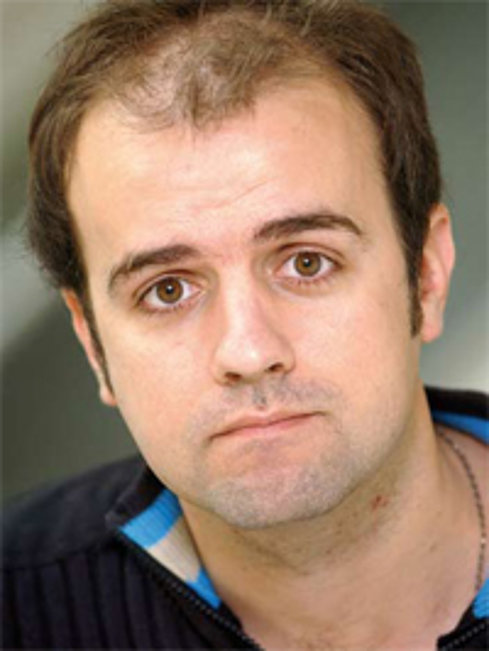2009 Award Winner Dr. Óscar Fernández-Capetillo

Appointment at time of winning the Award
Head, Genomic Instability Group, Spanish National Cancer Center (CNIO), Madrid, Spain.
Abstract
DNA damage is the source of procancerous mutations. In addition, there is mounting evidence that suggest that ageing is also a consequence of accumulating DNA damage. However, the nature of the damage that arises endogenously is still poorly understood. Our laboratory has centered its research in trying to understand how cells respond to “replicative stress”, a specific type of DNA damage which arises unavoidably every time that a cell replicates its DNA, and which is mainly prevented by ATR and Chk1 kinases. Unfortunately, the essential nature of these kinases has limited their study, particularly at the organism level. In order to overcome these limitations, a significant part of our work in these years has focused in the development of cellular and animal models for the study of ATR/Chk1 function. We have now generated systems in which we can activate these kinases at will, without any actual DNA damage, allowing a clean dissection of their function. In addition, we have generated mutant mice with very low levels of ATR, which have allowed us to explore the physiological relevance of a defective response against replicative stress. One of the most striking discoveries derived from the study of these animals is that a intrauterine exposure to DNA damage can promote ageing later in life or, in other words, that ageing can be programmed in utero. We now want to exploit this knowledge to develop strategies to fight against cancer and extend mammalian lifespan. No wonder, that’s some road ahead! But we’ll age trying.
